Best Foods To Manage Vitamin B12 Deficency
By Hafsa Hafeez
25 April 2023
Vitamin B12 is an essential nutrient that plays a crucial role in maintaining healthy nerve function and red blood cell formation. However, many people are deficient in this nutrient, which can lead to a host of health problems, including anemia, neurological disorders, and even cognitive decline. Fortunately, there are many foods that are rich in vitamin B12 and can help to manage this deficiency. In this blog post, we will discuss some of the best foods to manage vitamin B12 deficiency.
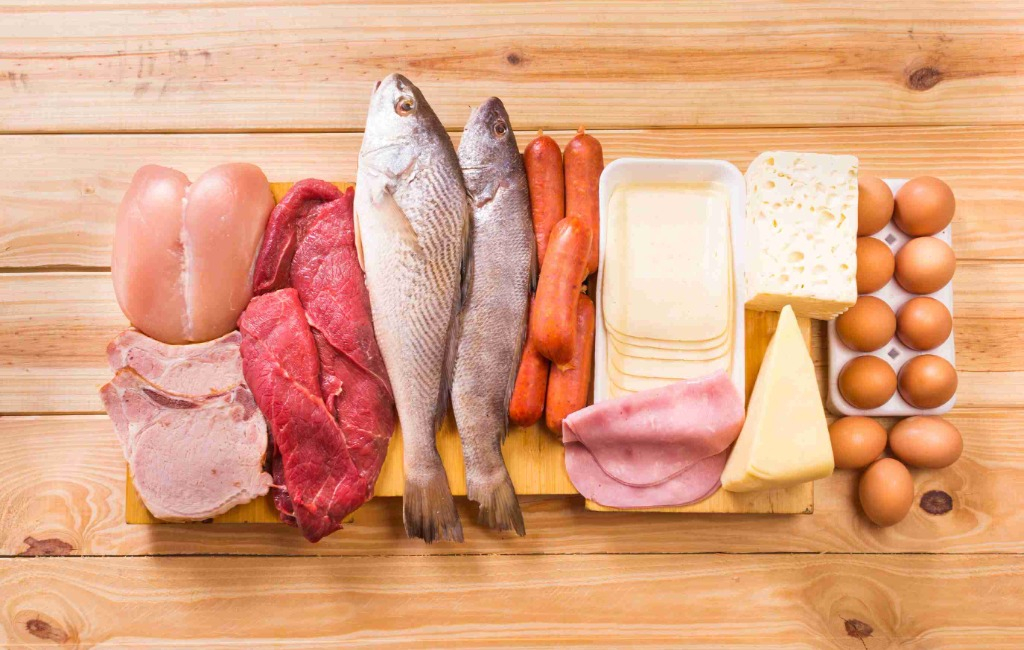
Clams:
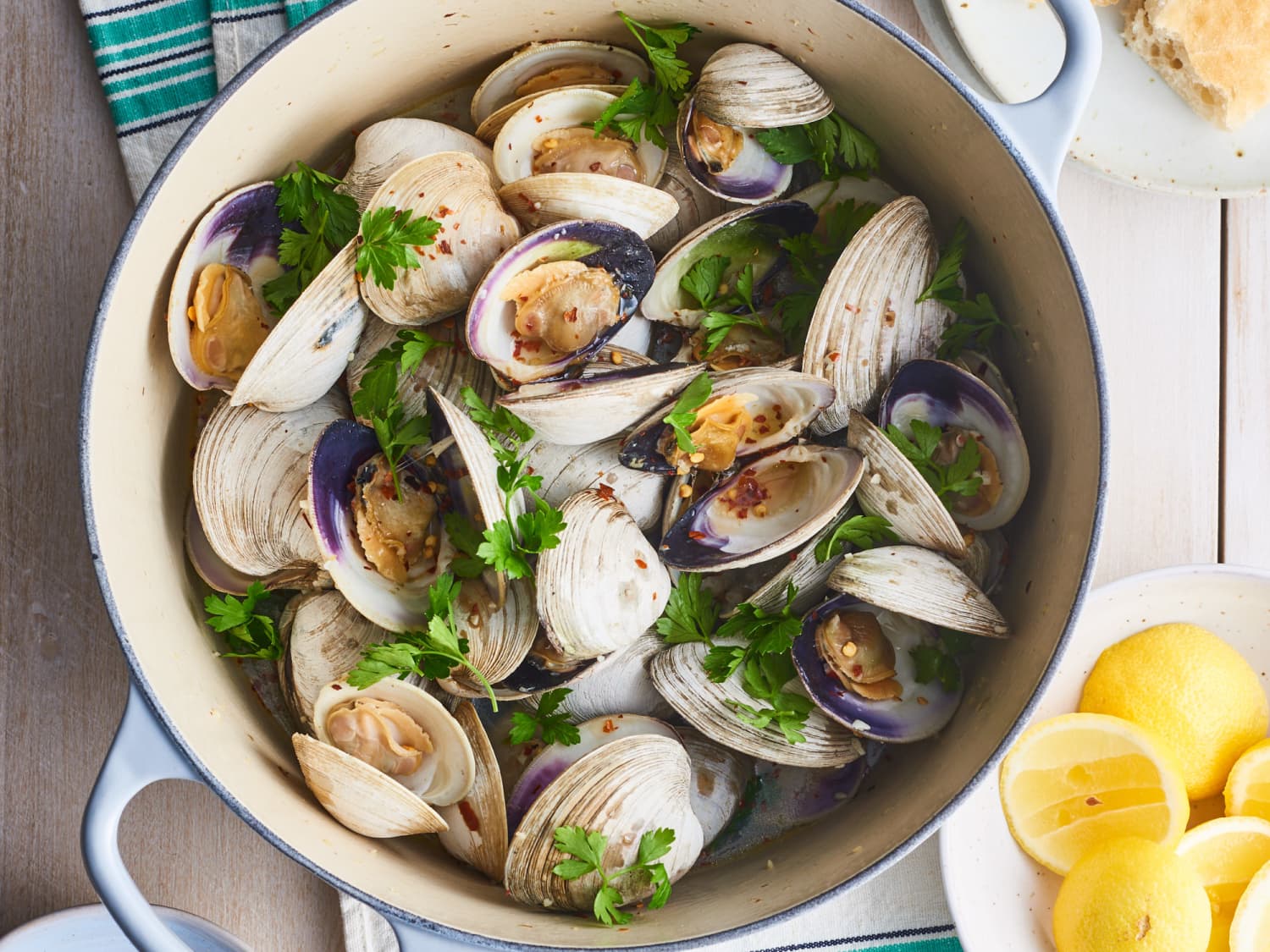
Clams are one of the best dietary sources of vitamin B12, with just 3 ounces of cooked clams providing over 1,000% of the recommended daily intake of this nutrient. Clams are also rich in other important nutrients like iron, zinc, and selenium, making them a great addition to any diet.
Beef liver:
Beef liver is another excellent source of vitamin B12, with a 3-ounce serving providing over 1,000% of the recommended daily intake of this nutrient. In addition to vitamin B12, beef liver is also rich in iron, zinc, and other important nutrients that can help to support overall health.
Fortified cereals:
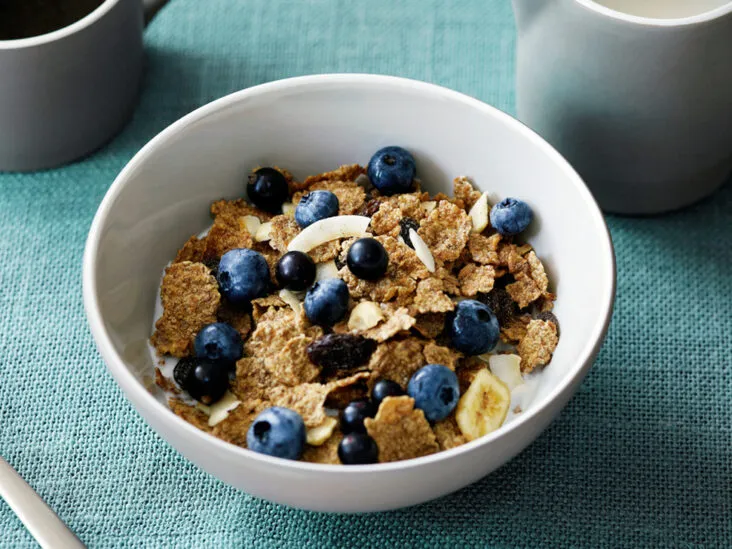
Many cereals are fortified with vitamin B12, making them an easy and convenient way to increase your intake of this important nutrient. Look for cereals that have been specifically fortified with vitamin B12 to ensure that you are getting an adequate amount of this nutrient.
Trout:
Trout is a great source of vitamin B12, with a 3-ounce serving providing over 100% of the recommended daily intake of this nutrient. Trout is also rich in omega-3 fatty acids, which can help to support heart health and reduce inflammation in the body.
Salmon:
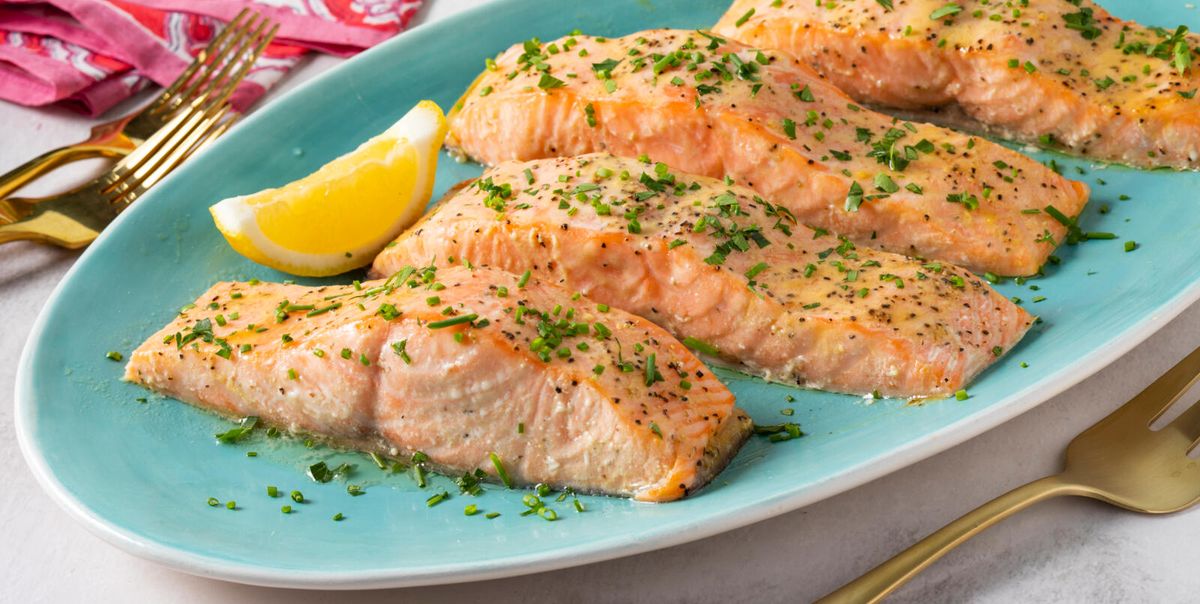
Like trout, salmon is another great source of vitamin B12 and omega-3 fatty acids. A 3-ounce serving of salmon provides over 80% of the recommended daily intake of vitamin B12, making it a great choice for anyone looking to increase their intake of this nutrient.
Tuna:
Tuna is a good source of vitamin B12, with a 3-ounce serving providing around 25% of the recommended daily intake of this nutrient. Tuna is also a good source of omega-3 fatty acids and high-quality protein, making it a healthy addition to any diet.
Milk:
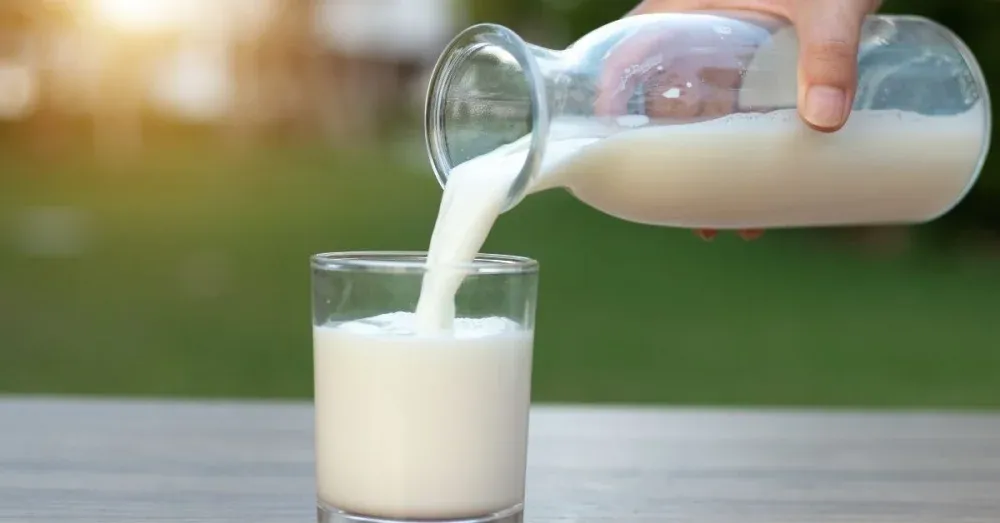
Milk is a good source of vitamin B12, with one cup providing around 20% of the recommended daily intake of this nutrient. In addition to vitamin B12, milk is also rich in calcium and vitamin D, making it an important part of any bone-healthy diet.
Cheese:
Cheese is another good source of vitamin B12, with one ounce providing around 6% of the recommended daily intake of this nutrient. Cheese is also a good source of calcium and protein, making it a healthy addition to any diet.
Eggs:
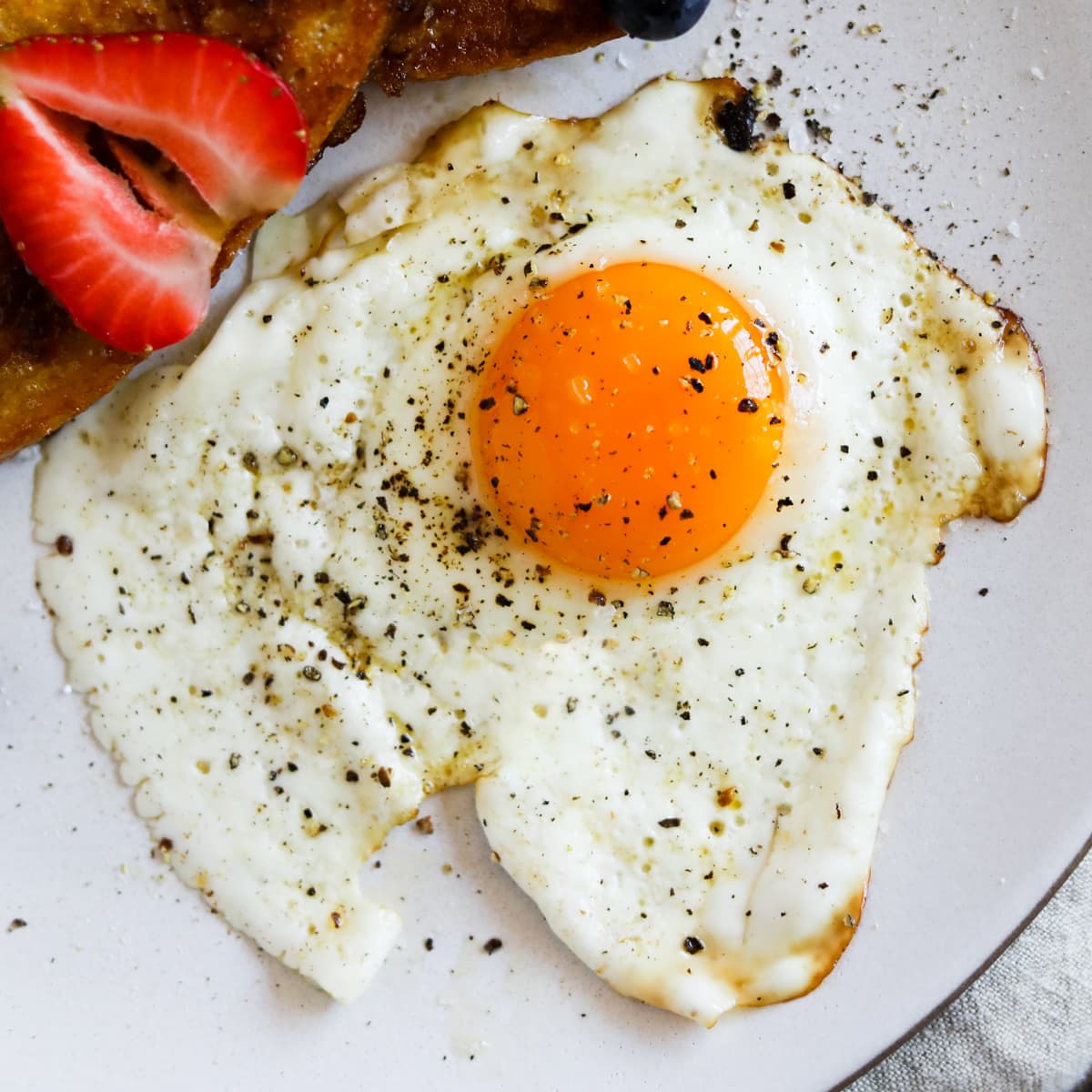
Eggs are a good source of vitamin B12, with one large egg providing around 6% of the recommended daily intake of this nutrient. Eggs are also a good source of protein and other important nutrients like choline, making them a healthy addition to any diet.
Yogurt:
Yogurt is a good source of vitamin B12, with one cup providing around 15% of the recommended daily intake of this nutrient. Yogurt is also rich in probiotics, which can help to support gut health and boost the immune system.
In conclusion, vitamin B12 deficiency is a common problem that can lead to a range of health problems. Fortunately, there are many foods that are rich in this important nutrient and can help to manage this deficiency. By incorporating some of the foods mentioned in this blog post into your diet, you can help to ensure that you are getting an adequate amount of vitamin B12 and supporting your overall health. It's important to note that some people, such as vegetarians and vegans, may have a harder time getting enough vitamin B12 through their diet alone. In these cases, supplements may be necessary to ensure adequate intake.
You Might Also Want To Read This
Popular Posts







